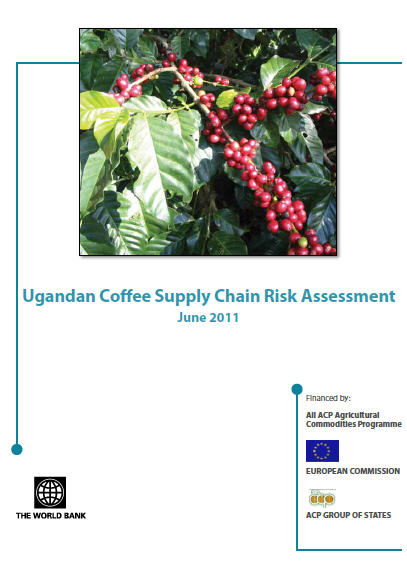Ugandan Coffee Supply Chain Risk assessment

Despite losing global market share over the last 20 years, Uganda remains a major coffee producer, accounting for approximately 2.5% of global coffee production.1 In 2008–2009, coffee exports accounted for almost a quarter of Uganda’s formal export earnings and were estimated to generate income and employment for up to 1.3 million Ugandan households. As such, the coffee industry is extremely important to both the rural population and the Ugandan economy. However, the sector exhibits significant levels of production volatility, caused in part by unmanaged risks. Despite the occurrence of numerous risks, the sector has always managed to produce significant, albeit variable, volumes of coffee for export, but the historic resilience of the sector does not automatically imply that the industry will avoid longer-term decline if it fails to proactively manage potential risks going forward.